Blog
Blog
Insight into our work across the globe, as well as our thoughts and perspectives on the fight against leprosy today.
Sign up to receive TLM's quarterly Leprosy Insights Magazine, and receive information, news, insights, best practice tips, opinion pieces, and more straight to your inbox. Sign up today and read the latest edition below.
Blog articles
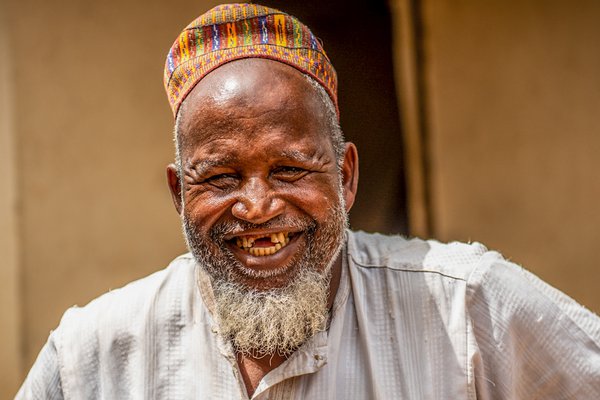
After thousands of years of the disease ruining lives, we are now on the edge of defeating leprosy. Here are three reasons we believe we can, with the right resources, end the transmission of leprosy by 2035.
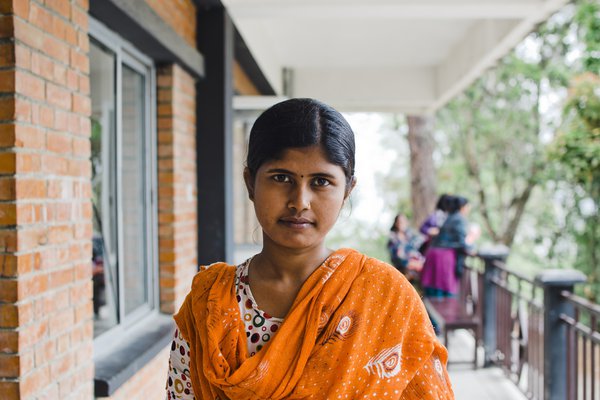
Are we still on course to achieve our goal of zero transmission by 2035? In short, yes.
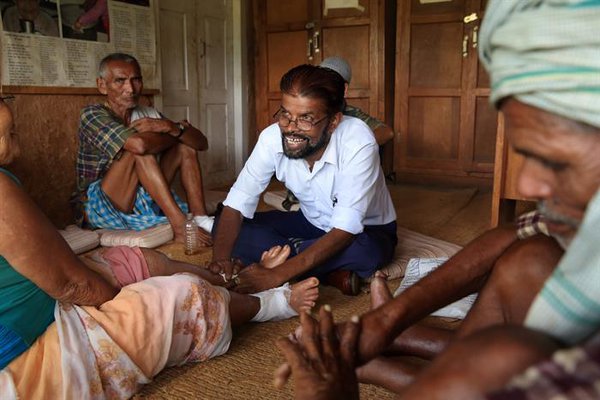
Here are the perspectives of people at the heart of the fight: people affected by leprosy, people who have spent their entire working lives aiming for a world without leprosy, and people who have been supporting the fight for decades.
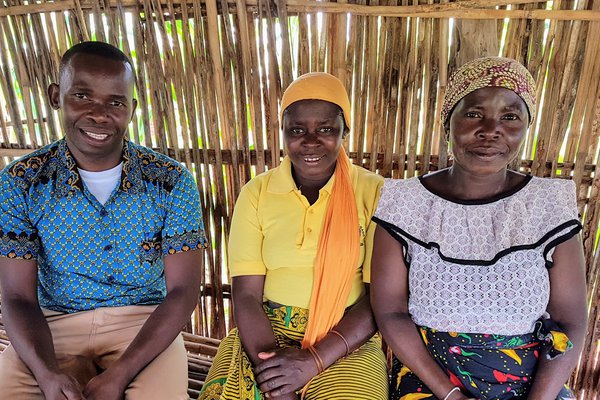
Our work will not be finished in 2035. There will still be millions of people living with the consequences of leprosy and we must continue to care for them.
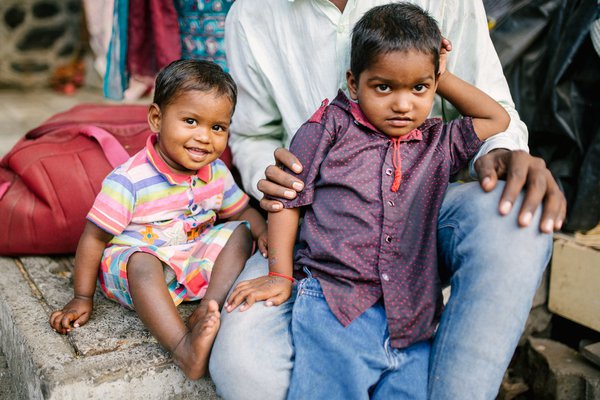
We want to raise the voice of people affected by leprosy and other NTDs. Their plight could be avoided through the eradication of poverty.
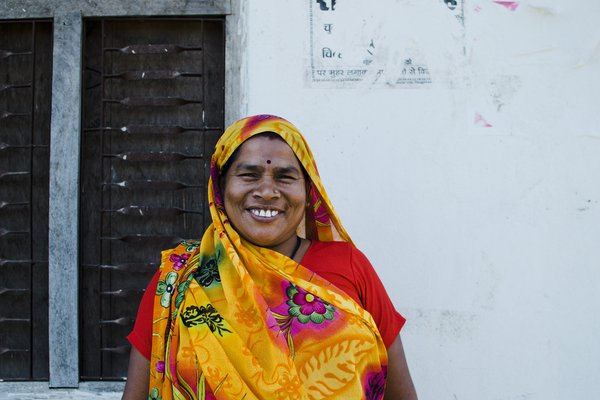
We believe we can end the transmission of the disease by 2035 and one of the crucial new tools to help us achieve this is PEP (Post-Exposure Prophylaxis).
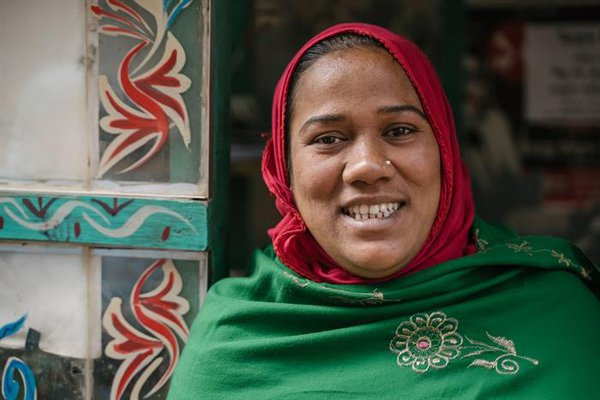
The action doesn’t need to be as drastic as with Covid-19, but the right action could end the disease in our lifetime.
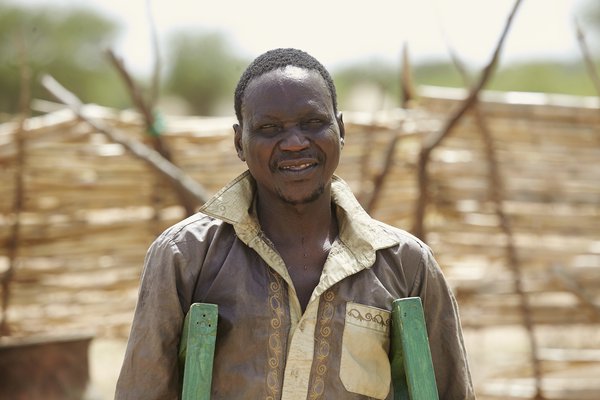
All across the world there are people that recognise a patch of their skin that has changed colour and lost feeling. They know it might be leprosy, but they avoid seeking medical support. That decision could prove to have terrible consequences, including avoidable life-long disabilities.

Our team in Myanmar have been innovating through the Covid-19 pandemic to ensure they continue to support people affected by leprosy.

Here are some of the more unusual things about the transmission of the disease.
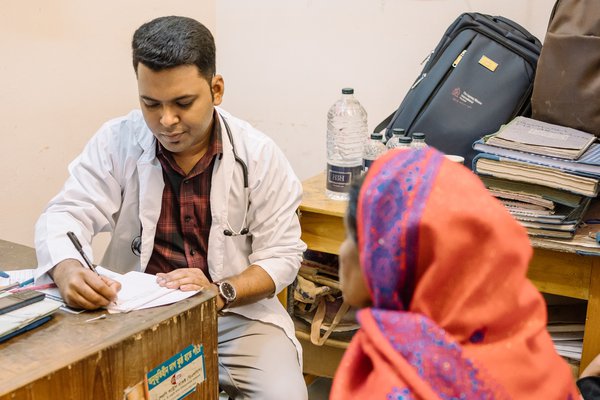
Understanding the transmission of leprosy will help us to combat transmission of the disease, as well as other problems associated with leprosy.
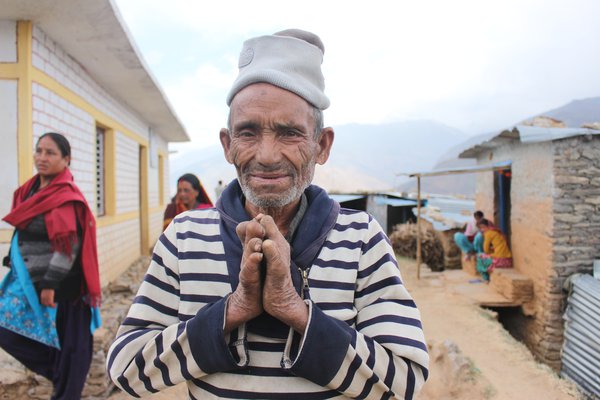
We live in a world of devastating inequality. Covid-19 has made that painfully clear. It has to stop.